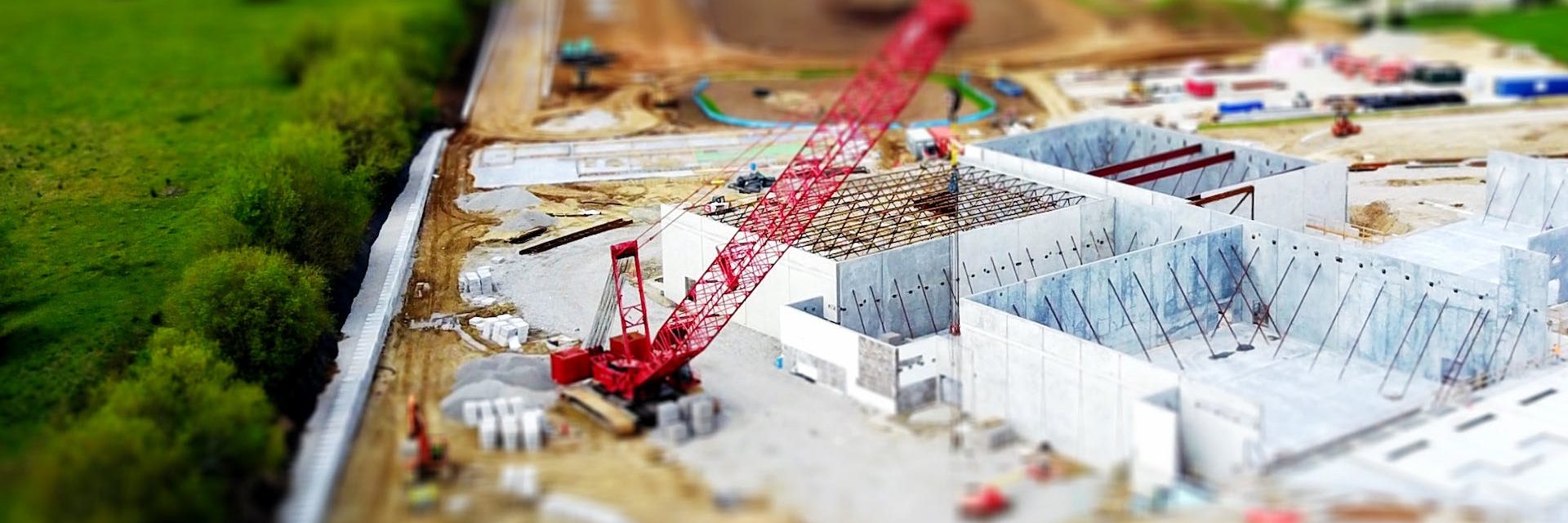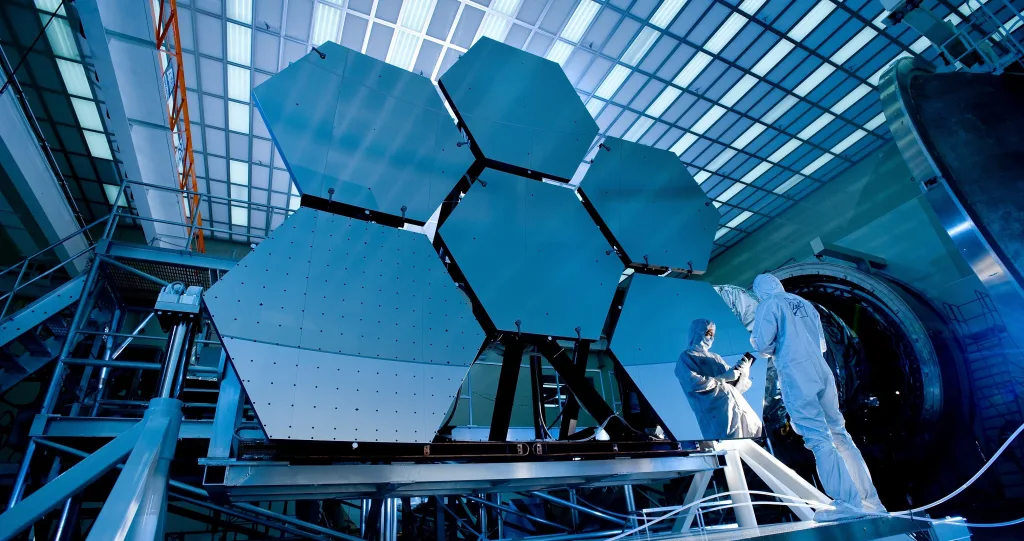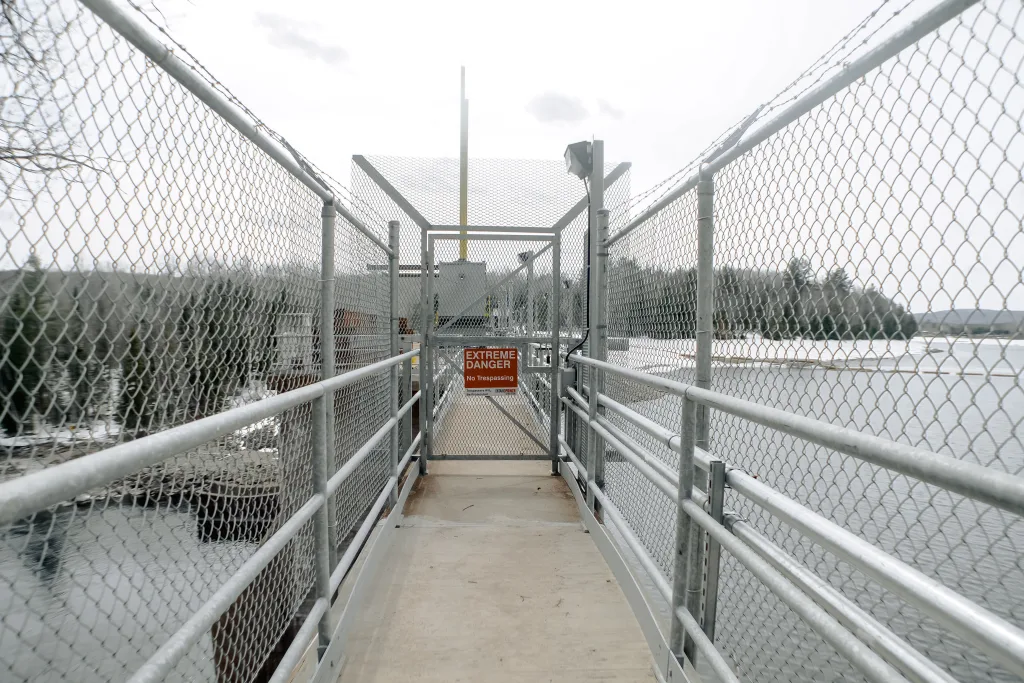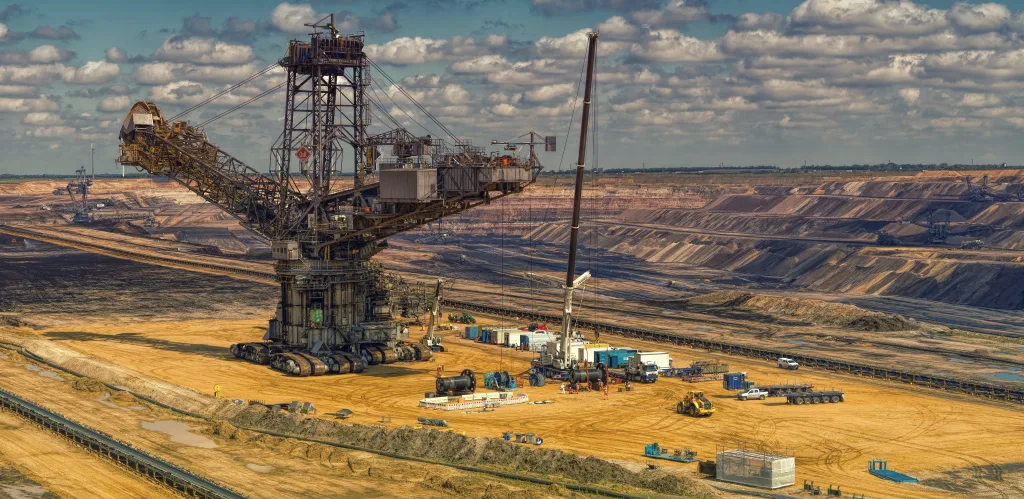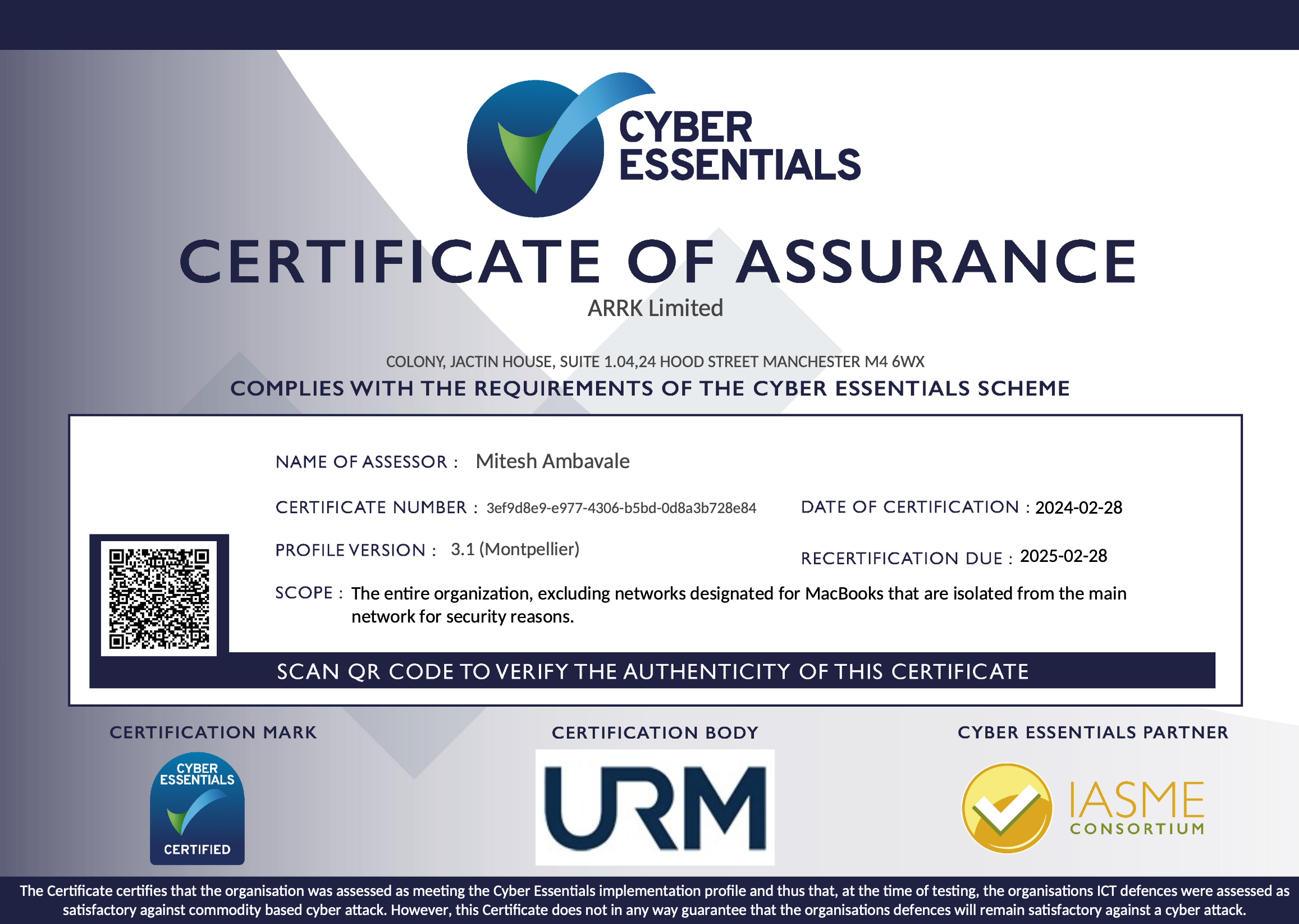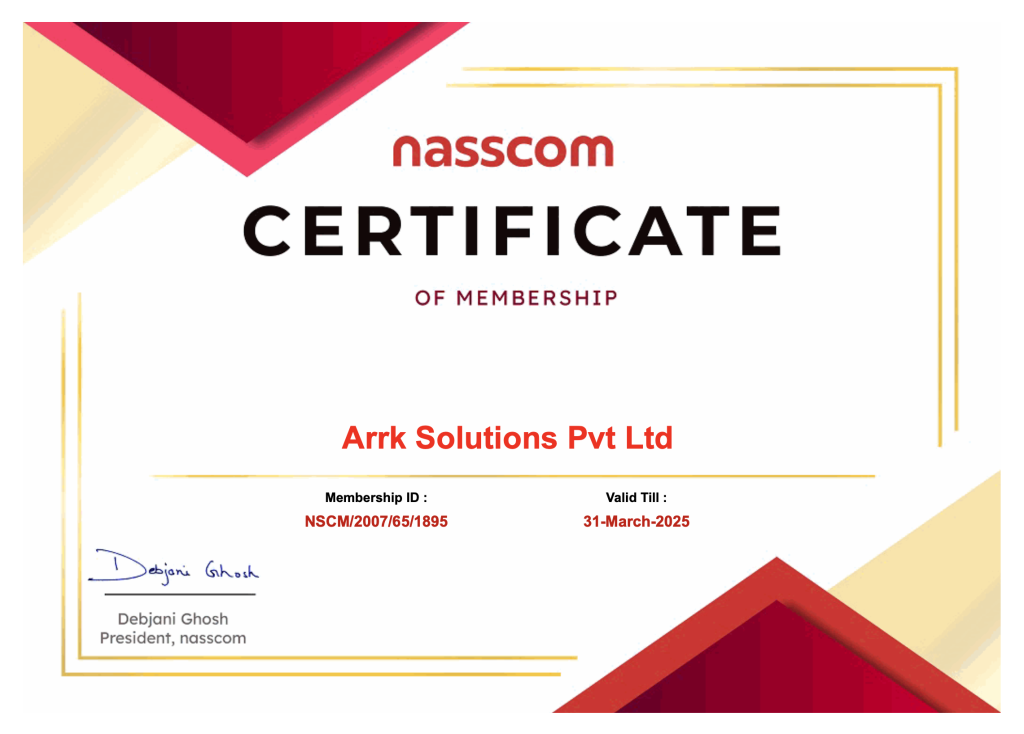Strategies for Seamless Custom AI/ML Development in the Construction Industry
By Arrk Group |
|
4 mins read |

The construction industry is known for its impressive building structures and is also renowned for its unique set of challenges and complexities. Managing schedules, resources, and communication needs a high level of precision in this industry. Errors, delays, or miscommunication can result in significant setbacks and financial losses.
To tackle these issues, the construction industry increasingly turns to technology for solutions. Custom AI/ML development has emerged as a crucial tool in overcoming the pain points that have long plagued this sector. It offers tailored solutions that streamline operations and enhance overall efficiency and project management.
This blog will delve into the strategies that make seamless custom AI/ML development a game-changer in the construction industry.
Conduct Thorough Requirements Gathering
In custom AI/ML development for construction, a common challenge is gathering clear requirements. When the project team doesn’t fully understand what the client needs, it leads to misunderstandings and project scope issues. The solution is to invest time in gathering comprehensive requirements by engaging stakeholders, hosting regular meetings, and using tools like user stories and user cases and integrating technologies like AI and Machine Learning to obtain accurate data.
Things you need to focus on while conducting research:
- Establish clear objectives and goals so everyone involved can understand the desired outcomes and milestones.
- Ensure clear and effective communication with clients to understand the requirements deeply.
- Develop a realistic budget and allocate resources thoughtfully to ensure post-development contradictions.
Identifying and Mitigating Technical Risks
In the reals of custom AI/ML development for the construction industry, an often-encountered challenge is the identification and mitigation of technical risks. When technical uncertainties are not addressed promptly, they can lead to delays in project delivery, increased costs, and ultimately unsatisfactory outcomes.
To tackle these challenges, proactively identify technical risks that might arise during the development process. This involves:
- Ensure the developed AI/ML software integrates seamlessly with existing systems and machine learning tools, minimizing disruptions and data transfer issues.
- Implement AI/ML to anticipate future growth and ensure the software can scale to accommodate increased demand without major reengineering efforts.
- Study the requirement thoroughly to identify the potential risks such as compatibility issues, security vulnerabilities, and data integrity issues.
Adhere to Agile Development Methodologies
In the context of custom AI/ML development for the construction industry, embracing Agile development methodologies is vital to address various challenges, including:
- These methodologies help control scope creep by providing a framework emphasizing prioritization and clearly defining project increments.
- Issues can be identified and resolved early by incorporating testing cycles throughout development.
- Agile methodologies encourage close collaboration among team members, stakeholders, and clients to promote effective coordination, leading to a more cohesive and productive team.
- These approaches include frequently used feedback, ensuring that the software meets user needs and is easier to adopt.
Integrate Security Throughout the Development Process
In the construction industry, custom AI development integrating security throughout the development process offer several advantages in managing complex projects efficiently. Failing to address security concerns can lead to data breaches, regulatory compliance issues, and reputational damage. It is imperative to integrate security seamlessly throughout the development process to mitigate these risks.
- Incorporating Artificial intelligence services for security from the project inception allows for the early identification and mitigation of vulnerabilities, reducing the likelihood of security breaches.
- It enables continuous testing and monitoring of security measures, ensuring that potential threats are identified and addressed promptly.
- Construction projects often involve sensitive data, from financial information to project blueprints. A security-first approach safeguards this data, preventing unauthorized access.
Utilize Continuous Integration and Deployment
Staying competitive and efficient is essential in customer AI/ML development for the construction industry. One strategy that has proven invaluable is the adoption of continuous integration and deployment through innovative technologies like AI and Machine Learning, commonly known as CI/CD.
- It streamlines the development process by automating testing, integration, and deployment, reducing manual errors, and speeding up software delivery.
- Automation testing at each stage of development ensures that the software is authentic, has minimized bugs, and meets client requirements.
- CI/CD enables the team to adapt quickly to changing project requirements or emerging industry trends. New features or updates can be implemented seamlessly, enhancing the AI/ML software’s agility.
- With CI/CD, the development, testing, and deployment processes are standardized and repeatable, ensuring project consistency and reducing variability.
Conclusion
In a world where the global custom AI/ML development market is projected to grow at an impressive rate, the construction industry has a compelling reason to embrace custom software solutions.
Custom AI/ML development isn’t merely a buzzword; it’s a strategy that can revolutionize how we conceive, plan, and execute construction projects. The rising demand for industry-specific applications capable of real-time data analysis, the imperative to cultivate flexible workspace for heightened productivity, and the increasing adoption of low-code development platforms all underscore the undeniable need for custom AI/ML in construction.
By adopting these strategies for custom AI/ML development, you can lead the way in the construction industry.


